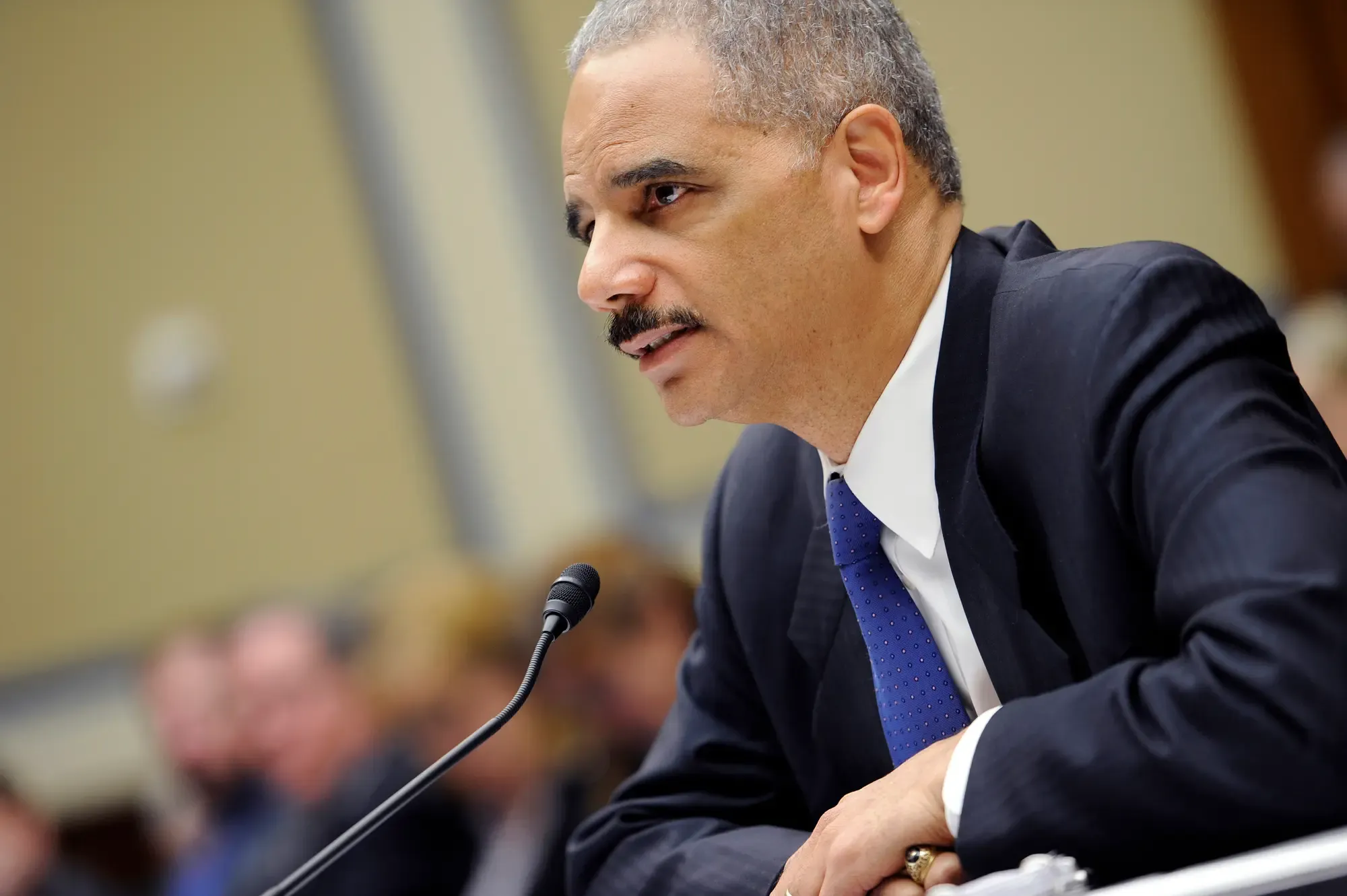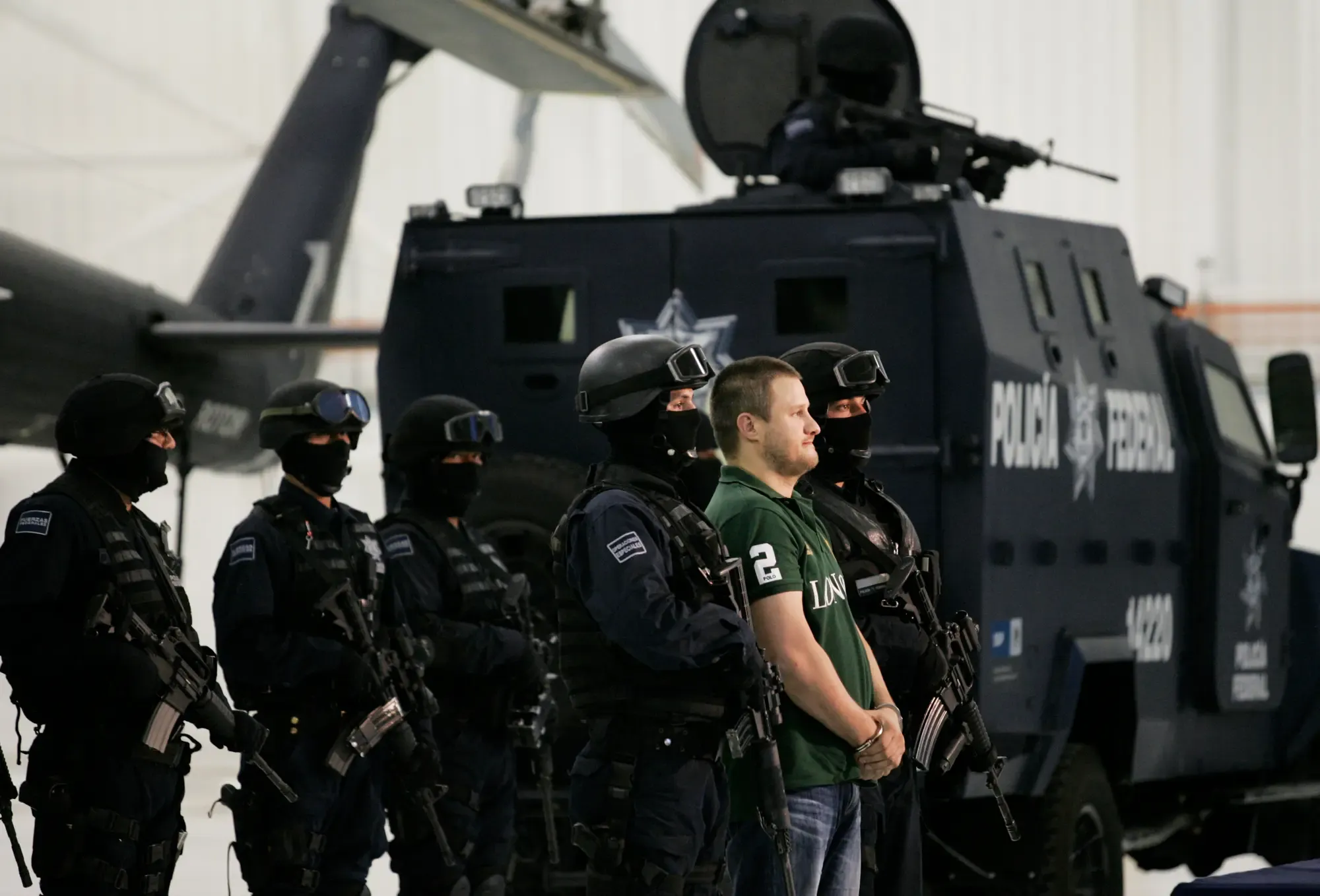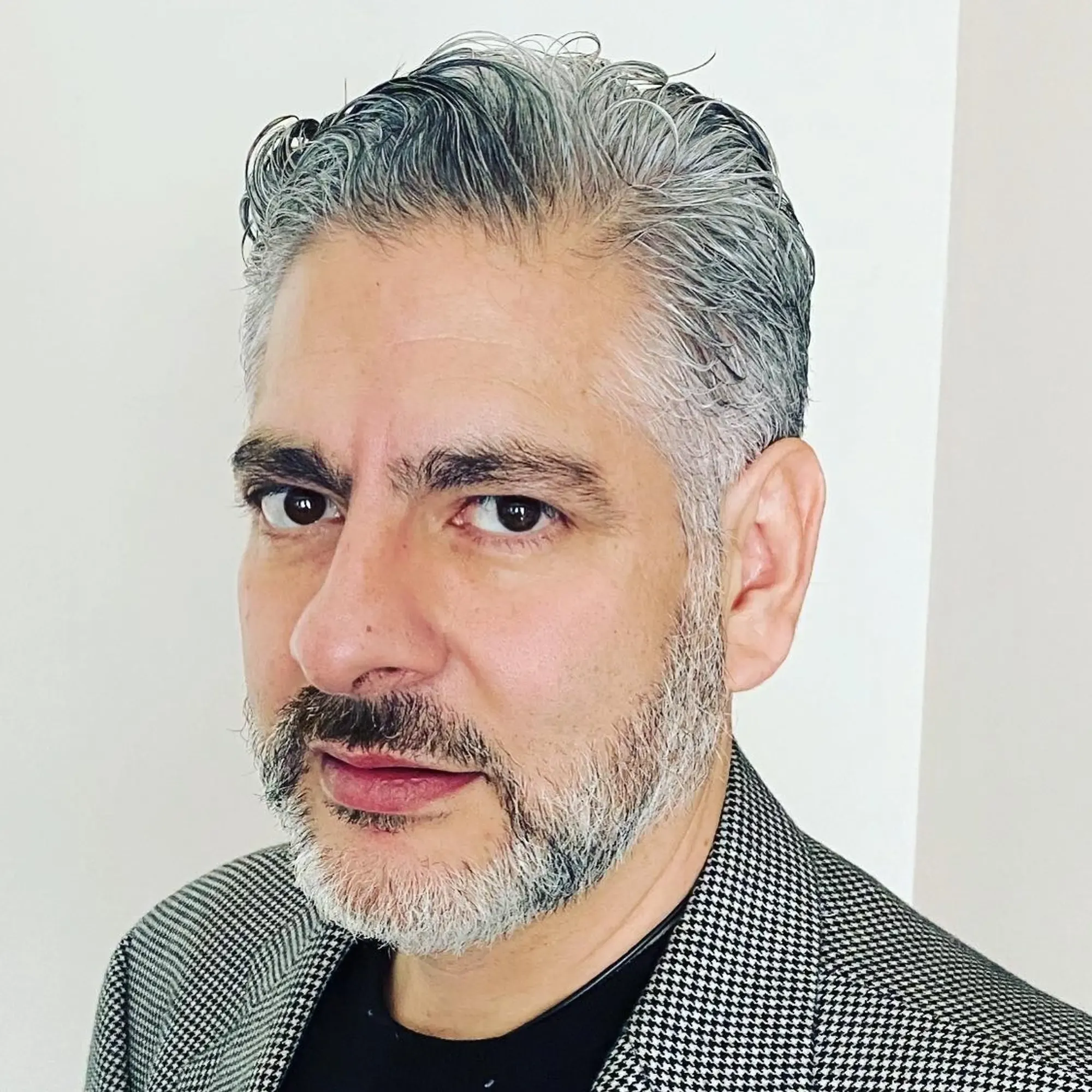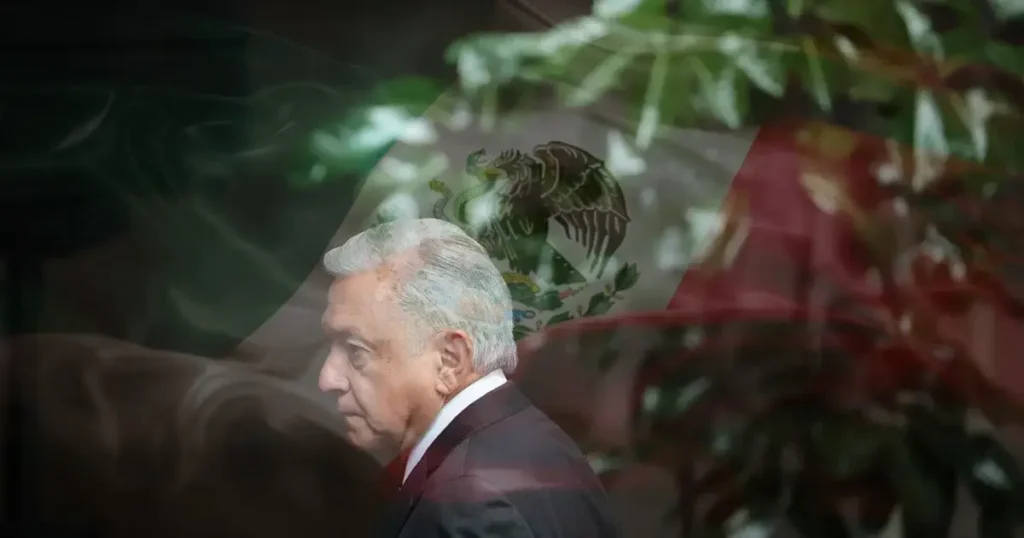Background of the Investigation
In the summer of 2010, as U.S. agents delved into claims that a powerful drug cartel had funneled money into Mexican politics, their investigation centered on Andrés Manuel López Obrador, now the President of Mexico.
Confidential documents reveal that the Drug Enforcement Administration (DEA) took significant risks to infiltrate López Obrador’s campaign organization before a government potentially influenced by drug traffickers could be elected. At the outset, the DEA’s primary target was López Obrador, who led the leftist Democratic Revolution Party (PRD) and was a frontrunner in the 2012 presidential election.
One internal document noted, “Should this investigation yield the evidence suggested by the multiple cooperating witnesses, the DEA will seek to indict AMLO and members of his staff and political party.” It further mentioned that such an indictment would generate substantial media coverage, impacting PRD’s presidential candidate selection.
Key Actions and Plans
The investigation initially achieved notable success by recruiting a mid-level campaign operative as an informant within López Obrador’s team. Plans for a sting operation were formulated, where an undercover agent would offer millions of dollars in exchange for future political favors. However, these plans were eventually abandoned.
The inquiry was abruptly terminated in late 2011 after Attorney General Eric Holder faced severe backlash over the “Fast and Furious” operation, a separate gun-tracking effort in Mexico. This decision effectively ended U.S. scrutiny of the matter, even as later allegations emerged about drug money influencing López Obrador’s political network. The disclosure of the DEA’s investigation sparked outrage from López Obrador, who denied any involvement with drug money and accused the DEA and media of conspiring against him.

López Obrador accused the DEA of opposing Mexico’s independent policies and sovereignty. His spokesperson demanded explanations for the sources and motivations behind the investigation’s reports, arguing that such revelations harmed the image of Mexico’s government.
Diplomatic Repercussions and Current Status
In response, Biden administration officials tried to ease tensions, emphasizing that the investigation was closed and that López Obrador was no longer under investigation. This situation highlighted a recurring issue for U.S. officials: how to handle evidence of high-level corruption in an allied government struggling against powerful criminal organizations.
The documents shed light on the early stages of the investigation, which started with claims that traffickers had channeled around $2 million into López Obrador’s 2006 presidential campaign. Although U.S. agents confirmed these claims through multiple sources, direct evidence of López Obrador’s awareness or approval of these donations was lacking.
Investigation Details and Methods
The investigation began with Roberto López Nájera, a lawyer who worked for notorious trafficker Edgar Valdez Villareal, also known as “La Barbie.” López Nájera later cooperated with the DEA, detailing a meeting in January 2006 where La Barbie allegedly agreed to donate $2 million to López Obrador’s campaign in exchange for political protection.


López Nájera’s cooperation led to the recruitment of Mauricio Soto Caballero, a campaign operative, who was arrested in the U.S. and agreed to assist the investigation. Soto was tasked with gathering evidence, including attempting to secretly record conversations at López Obrador’s campaign headquarters. However, these recordings did not provide conclusive evidence.
Plans to use Soto in a sting operation to offer a substantial cash donation in exchange for political favors were proposed but never executed. The complexity of the operation and the sensitivity of the political environment contributed to its cancellation.
By the end of the investigation, with the statute of limitations nearing and no new developments, the DEA chose to end the inquiry. Soto returned to Mexico City to continue working in government.
FAQ: U.S. Investigation into Alleged Drug Money Funding for Mexican President López Obrador
1. What was the main focus of the U.S. investigation into Andrés Manuel López Obrador?
The primary focus of the investigation was to determine if Andrés Manuel López Obrador, the current President of Mexico, received financial support from drug traffickers during his political campaigns. The U.S. Drug Enforcement Administration (DEA) was concerned that illicit funds from a drug cartel might have influenced his campaign and potentially his policies.
2. Why did the DEA target López Obrador?
López Obrador was a key target of the DEA’s investigation because he was a leading candidate from the Democratic Revolution Party (PRD) in the 2012 presidential election. The DEA was worried that if he won the presidency, his administration could be compromised by the alleged drug cartel funding, which might affect U.S.-Mexico relations and drug enforcement efforts.
3. What were the findings of the initial investigation?
The investigation uncovered allegations that drug traffickers had contributed approximately $2 million to López Obrador’s 2006 presidential campaign. Although the DEA verified these claims through multiple sources, they did not acquire direct evidence proving that López Obrador himself was aware of or authorized the receipt of these funds.
4. What steps did the DEA take during the investigation?
The DEA took several significant steps, including recruiting an informant from López Obrador’s campaign and planning a sting operation. This operation was intended to involve a large cash offer to see if López Obrador’s team would accept it in exchange for political favors. However, these plans were never carried out.
5. Why was the investigation eventually halted?
The investigation was terminated due to mounting political pressures and the fallout from another controversial DEA operation known as “Fast and Furious.” Concerns over diplomatic relations between the U.S. and Mexico, coupled with the sensitive nature of investigating a prominent political figure, led to the decision to cease the investigation.
6. How did López Obrador react to the revelations about the investigation?
López Obrador strongly denied any involvement with drug money and criticized the DEA and U.S. media for their reports. He argued that the investigation and subsequent reports were part of a broader attempt to undermine his presidency and Mexico’s sovereignty.
7. What impact did the investigation have on U.S.-Mexico relations?
The investigation and its revelations created tensions between the U.S. and Mexico. The disclosure of these events strained diplomatic relations, especially as the Biden administration sought to work with López Obrador on issues like migration and drug enforcement.
8. What are the current status and implications of the investigation?
The DEA investigation is officially closed, and López Obrador is no longer under investigation. However, the disclosure of the investigation has raised ongoing questions about how the U.S. should handle evidence of high-level corruption in allied governments, especially in complex political contexts.


